Entering the life of a town is a slow process for us, which is a conscious aim of ours, as we hope to achieve organic development, says Lívia Böröcz, Head of the Development and Integration Programme of the Hungarian Reformed Church Aid (HRCA). HRCA staff members are performing invaluable work in underdeveloped Hungarian villages within the framework of the Developing Settlements programme. Not only do they offer donations, but all of their programmes include development goals and knowledge dissemination.
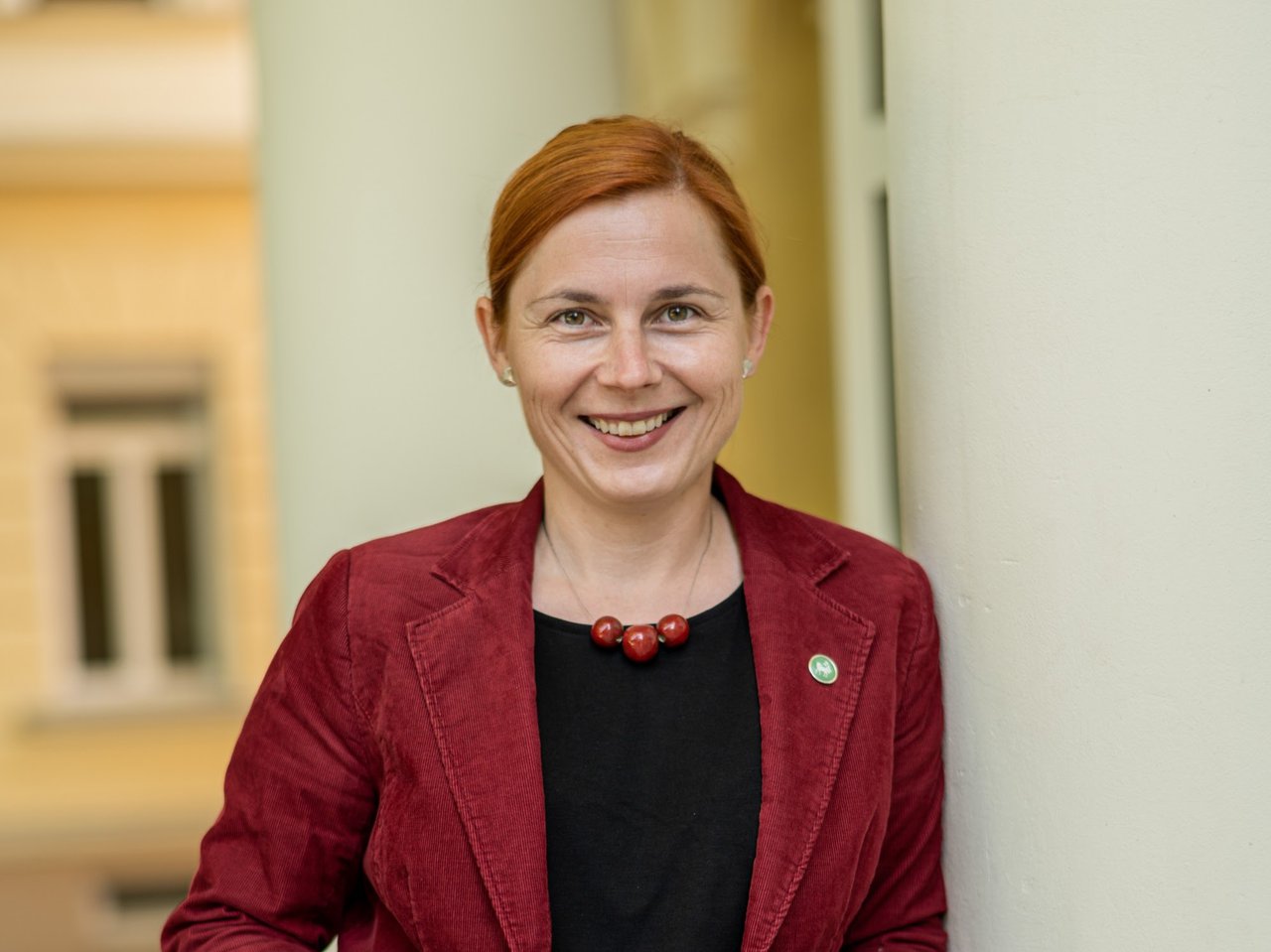
What milestones does the Developing Settlements programme have, and where are you at the moment?
This past July marked the third anniversary of the programme’s launching, and twelve new settlements have joined the original nine where HRCA coordinated the programme. In the period of June and July, we began the preliminary work in these places. By now, we have appointed two community coordinators in each settlement. The majority of them are able to join already in August, so currently we are getting them ready in a professional way. Most of them work full time in the programme, but there are also a couple of part-time workers. Additionally, in almost every “Presence Point”, we have individuals employed through the public works scheme, usually in a position of social worker, and the programme also involves volunteers.
Can anyone join in if they have a free weekend to volunteer?
There are always large-scale events within the programme where individuals can volunteer. One of our most visible and colourful programmes has been the one called “Symphony”, in which we brought music education to nine settlements with experiential education methods, and apart from the teachers, our music-playing colleagues also participated. It is not in general for the Developing Settlements programme that we need volunteers, but rather for specific events: we can always use volunteers for the craft sessions, sports events or camps that we organize.
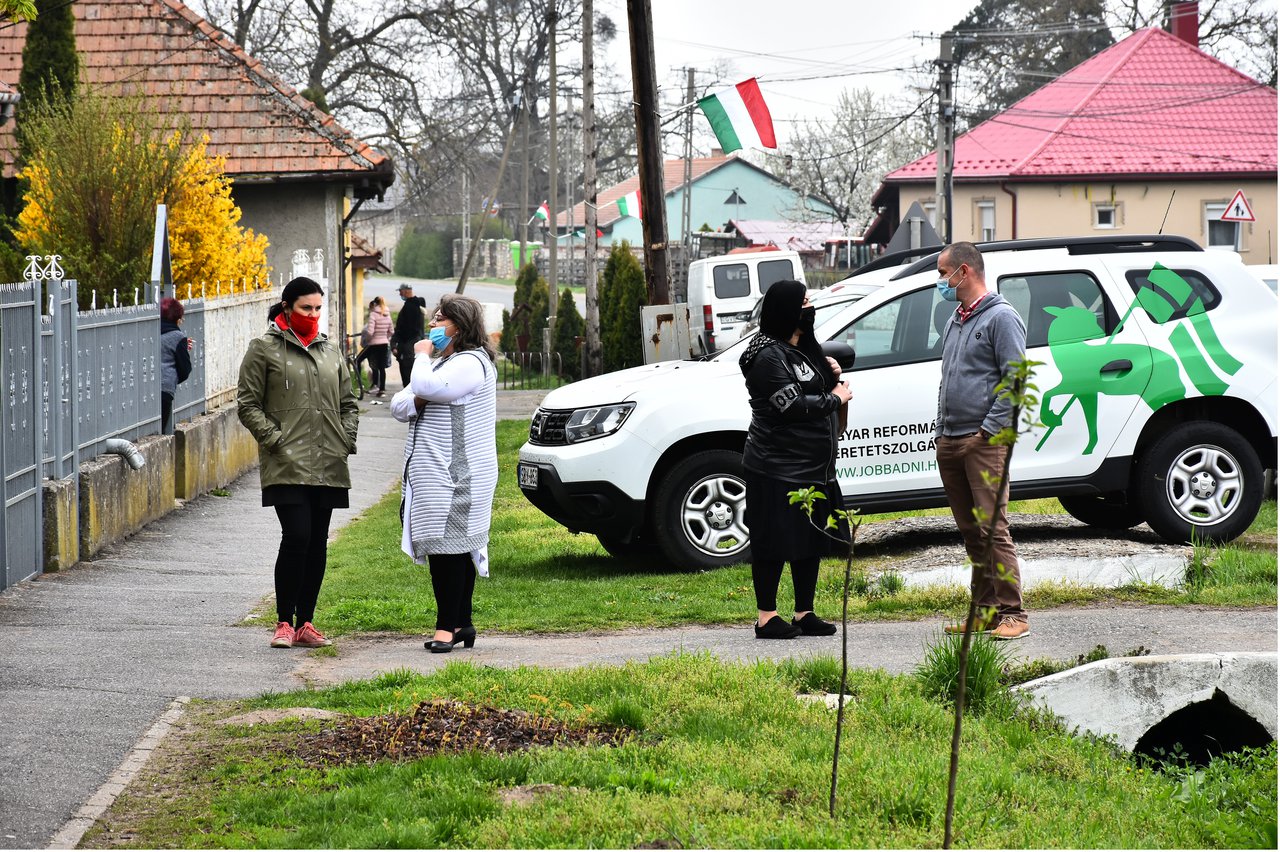
So you have taken your first steps and you have the staff. What comes after that?
In the initial six-month period we set up the settlement’s social diagnosis on the basis of discussions with local decision-makers, the Reformed pastor, the management of institutions, the health visitor and social workers. This then reveals the areas that require intervention. It is on the basis of this diagnosis that we develop an action plan, with a yearly breakdown, that determines the tasks we are going to perform. This is a guide, without specifying how the objectives should be achieved. Therefore we also rely on the knowledge and creativity of our local colleagues in order to progress. At the same time, we develop a so-called Presence Point, a place where our ministry and services are performed. Such points are best located in an area where families in need live, but we have a professional list of criteria that helps us choose the appropriate premises.
What does an ideal Presence Point look like?
The ideal Presence Point is a cosy place where it feels good to be. The staff warmly welcomes anyone entering, even offering them coffee in the lounge. There is a kitchen where visitors can sit down, or a cooking club can be organized. There has to be a development room, because early childhood development, mum & baby club meetings and the dissemination of parenting information are all important parts of our programme. If possible, there should be another room used for community events such as a youth club, movie screenings or discussions. It is essential to have a spacious yard because there are summer camps for children in almost all of our Presence Points, which are dominated by outdoor activities. Most places have developed some kind of sports activity because all the settlements that joined in the first year had a multifunctional sports field. In these places we have child football trainings twice a week, which have proved to be very popular. Two settlements have an outdoor gym, which, apart from being very fashionable these days, contributes to the fight against youth loitering and to releasing children’s extra energy. We also have portable teqball-tables in most places, which children are confused by at first, but when they discover how they can play with it, they usually enjoy it. We would like HRCA Presence Points to have a uniform image, and we are working towards that.
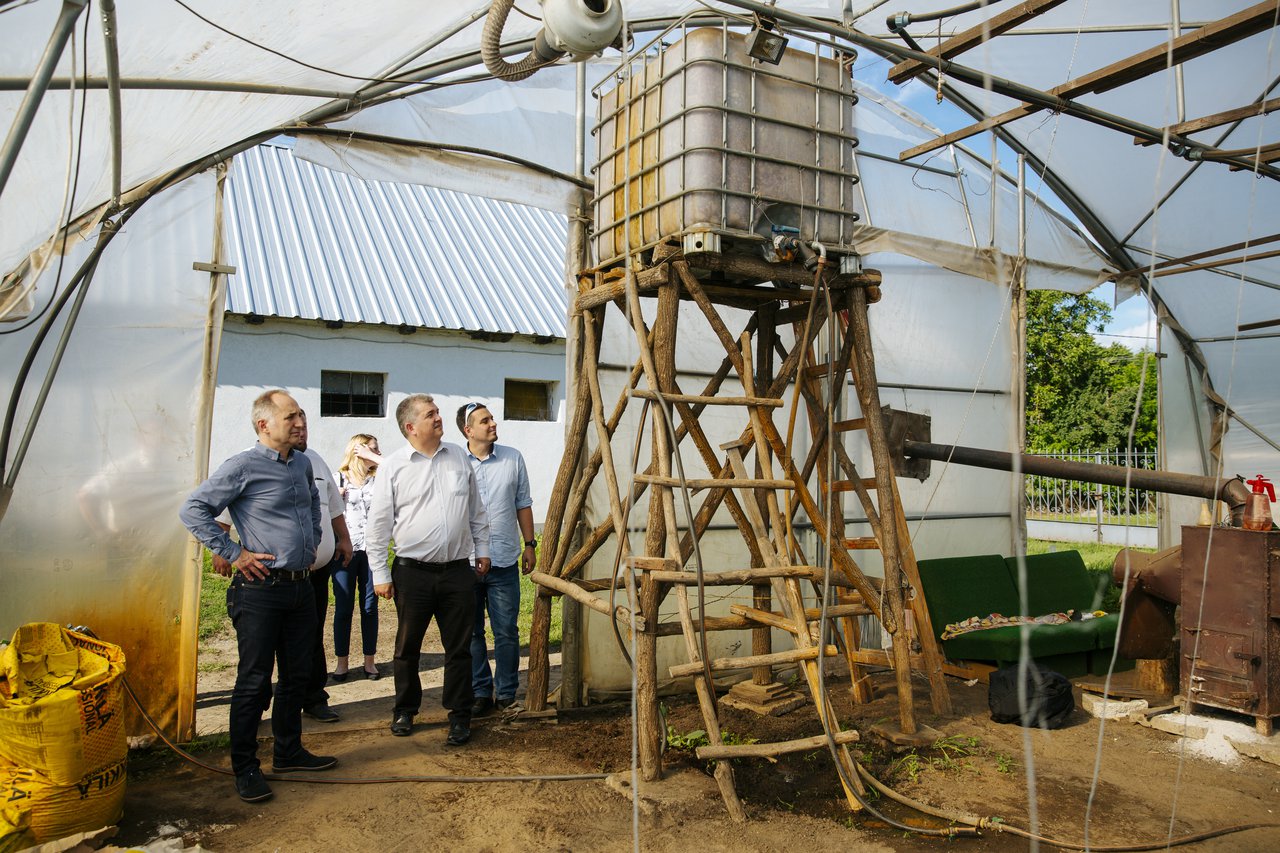
The Developing Settlements programme was launched in summer 2019 in order to support the settlements that are most in need. The programme, coordinated by Hungary’s Ministry of the Interior, involves the aid organizations of churches – by now, the Hungarian Reformed Church Aid is present in twenty-one settlements with its professional support staff.
The three hundred settlements within the programme were chosen on the basis of the lowest complex figures. The combined population of these areas is two hundred and seventy thousand, many of whom have little education and are unemployed, and the proportion of housing that lacks basic amenities is higher than the national average. HRCA has been helping locals since 2019 in Göncruszka, Dámóc, Zemplénagárd, Tiszakarád and Ricse, and in 2020 arrived in Átány, Bagamér, Vilmány and Mezőladány. In July this year, the programme has been launched in a further twelve settlements– Szin, Bódvalenke, Tiszaeszlár, Tuzsér, Beregdaróc, Szatmárcseke, Méhtelek, Porcsalma, Nagyecsed, Hodász, Hajdúszovát and Geszt. The Developing Settlements programme is based on the Presence method developed by the Hungarian Charity Service of the Order of Malta, which is all about being by the side of marginalized communities, sharing in their difficult circumstances, jointly revealing problems and together with them, finding solutions. It is important that the helping organizations are not performing pre-planned, centralized tasks, but seek practical answers to locally discovered issues. The method is similar to that of emergency medical teams, who, upon arriving at the scene make a swift diagnosis and apply a strict protocol to decide who should be treated first and which equipment they need to use during the medical intervention.
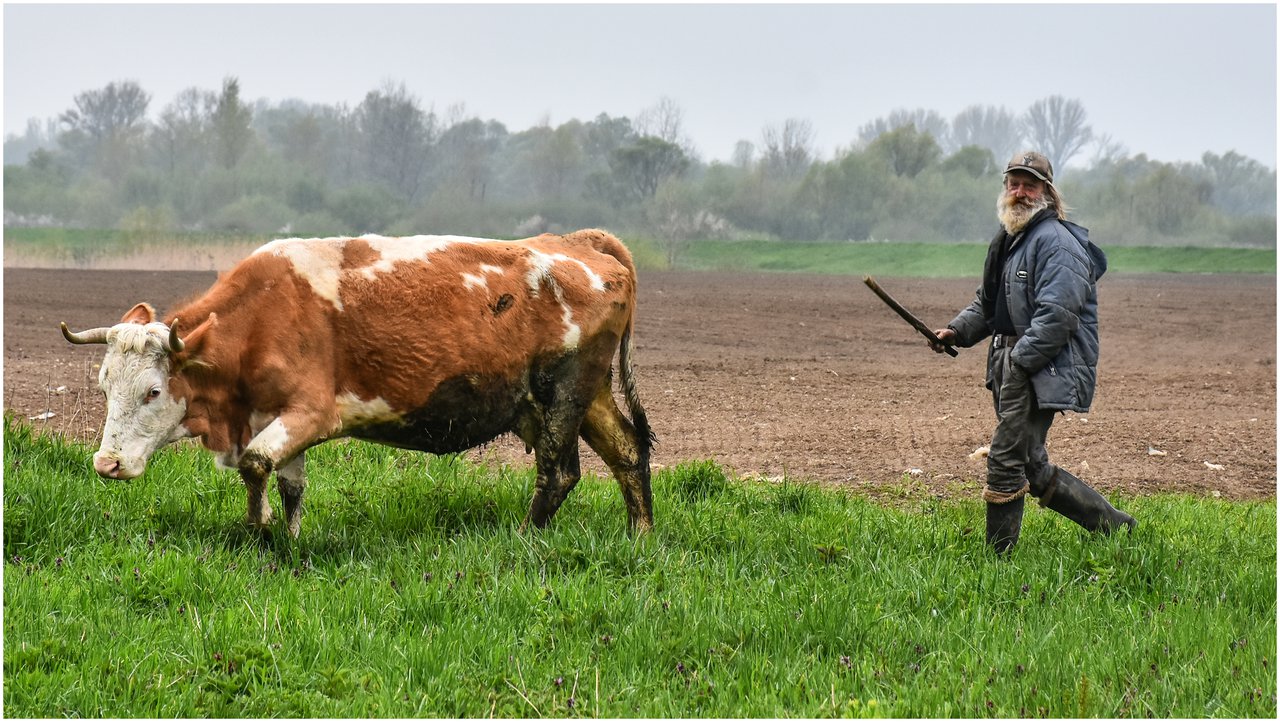
Let us now look at the other side of the equation: how can a family encounter the programme?
Entering the life of a town is a slow process for us, which is a conscious aim of ours, as we hope to achieve organic development. First and foremost they can hear from decision-makers, the pastor and the health visitor, that something new has been introduced in the village. They have a different attitude towards our programmes and the Presence Point if they have heard about them from someone they know. They typically meet us for the first time through our community programmes or our street activities, but at times we have handed out flyers. We did so in Dámóc, for example, where not only did we establish a Presence Point, but also a public hygiene facility and a launderette, because in this tiny village many houses have no bathroom or toilet. A less common but still effective form is putting up posters, and since year two we have been also creating Facebook groups. We try to reach locals through a variety of channels without being too pushy or sensational, appearing in a simple and natural way. In any way, we have to be aware of the whole settlement: who lives where and what their specific problems are. Before the winter crisis period our colleagues walk around the whole settlement to see which buildings lack something that could cause problems during the winter months, such as glass from a window or some roof tiles, or perhaps a stove is missing from a house where there is an infant, and there are no rooms with heating. We must not forget that some people have difficulty accessing the information as they may not be conscious Internet users or have no Internet access at all, while others have reading comprehension issues, so often the most effective method is oral communication.
Does the programme include help in renovations or construction, or does this only take place in certain individual cases?
Just like with HRCA in general, the Developing Settlements programme also has a so-called donation protocol. It is on the basis of requests and actual needs that we can provide anything. The reason I choose my words so carefully is that initially, when our staff members looked at the buildings before the winter period in a village, a rumour started spreading that we would be replacing everyone’s windows. We need to exercise caution as our programme is not dedicated to replacing windows, but rather to preventing, on the basis of true need, winter crises that could end up being life-threatening. It is also important that we try to help in a way that the family does not lose their motivation to also help themselves. We need to find a delicate balance between helping others by offering donations and expecting them to put in their own knowledge and work. Almost all of our programmes has a specific objective, they include some kind of development activity or knowledge dissemination. One such example is our vegetable patch programme, which is an invisible form of help to achieve self-reliance and regular work activity. Also, it is a source of a sense of success, as families can achieve relatively fast results with growing vegetables, and best of all, these results are tangible and edible.
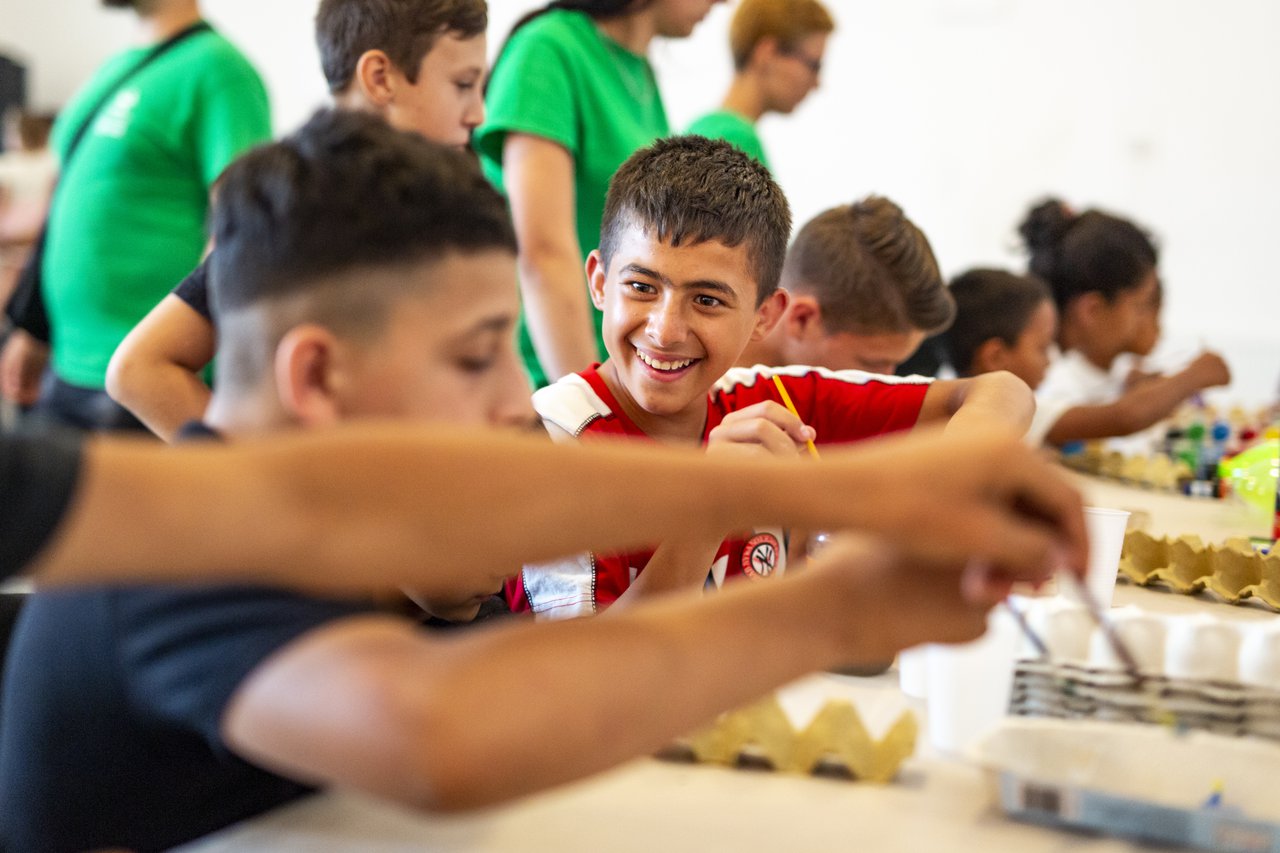
How can one imagine a settlement ten years from now, where your programme has achieved all of its goals?
I envision a settlement with a great atmosphere, where cooperation is natural. In the morning the mayor or pastor pops in for a coffee to discuss the events of the upcoming week and how we can contribute to the others’ programmes. As far as the locals go, I imagine that a change of atmosphere would have taken place. The reason I point this out is that over the past two years we have often experienced that local values and the local knowledge are indeed present, but what is lacking is the ability of residents to turn these into something positive, into a community experience. This is what our community and economy development projects are based on: discovering the local values for which we can apply a bottom-up employment or economy boosting programme. In ten-fifteen years’ time, I imagine a small town atmosphere where there are a lot of encounters and cooperation among residents.
Can this provide the basis for a larger scale next step, for example to have one or two joint enterprises in every settlement?
It is a fundamental aim for community life to start in these settlements, and once that happens, new ideas will obviously come up. It is not certain that we will be able to launch enterprise projects everywhere, but our objective is to establish a dialogue among local residents, to initiate opportunities for brainstorming. We have already seen that over the past two years.
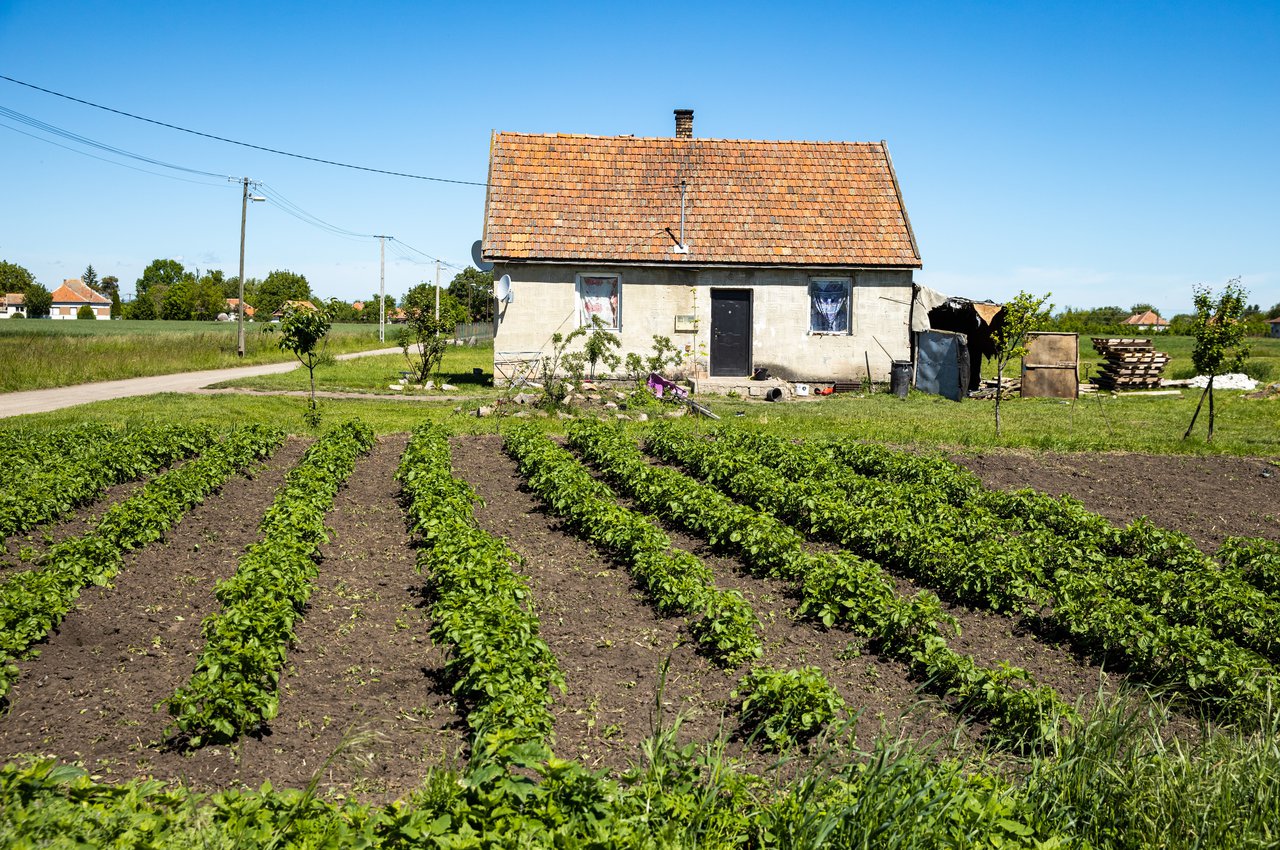
Could you give an example?
Among the settlements that joined in the first year, several ideas have come up, some of which we have already started implementing, while others still require funding. One example is in Zemplénagárd and Dámóc, where we looked at the values connected to the local landscape. The two villages are situated in a beautiful, unspoilt natural environment by the River Tisza. There are hiking trails, but the area is largely unknown. This area is a good example for hidden values, knowledge and opportunities in the region. There used to be floodplain fruits, for instance, and we started discovering whether these areas could be located for a potential gene conservation. There are also small sand banks by the River Tisza, still visible today, that used to be public beaches. There are further opportunities for developing accommodation, because the region offers few such opportunities. Sometimes it takes time to discover even an apparent value: I had already visited Zemplénagárd several times before noticing that there are five or six types of roses that are cultivated with great care. When talking to the mayor, I found out that the roses were tended to by people employed through the public works scheme. Locals had no idea that taking care of roses was special knowledge, despite the well-known fact that roses are sensitive plants. It is knowledge like this that we wish to build upon together. But we need to be careful not to present these initiatives as promises or overly ambitious development ideas.
Are there areas where you have ideas and some foundations, but you could use some more expert knowledge or something else that even our some of our readers might be able to offer?
There are several ideas from a joinery workshop to developmental toys or the processing of various garden plants. There are possibilities in many areas, so if anyone feels like bringing in their own ideas, they are welcome to do so. It could be the production or market introduction of local products, or cultural co-operation that can enhance local community life. We are open to new ideas and welcome anyone who can help us with their time or knowledge.
Originally published in Reformátusok Lapja, the weekly of RCH. Translated by Erzsébet Böllcskei